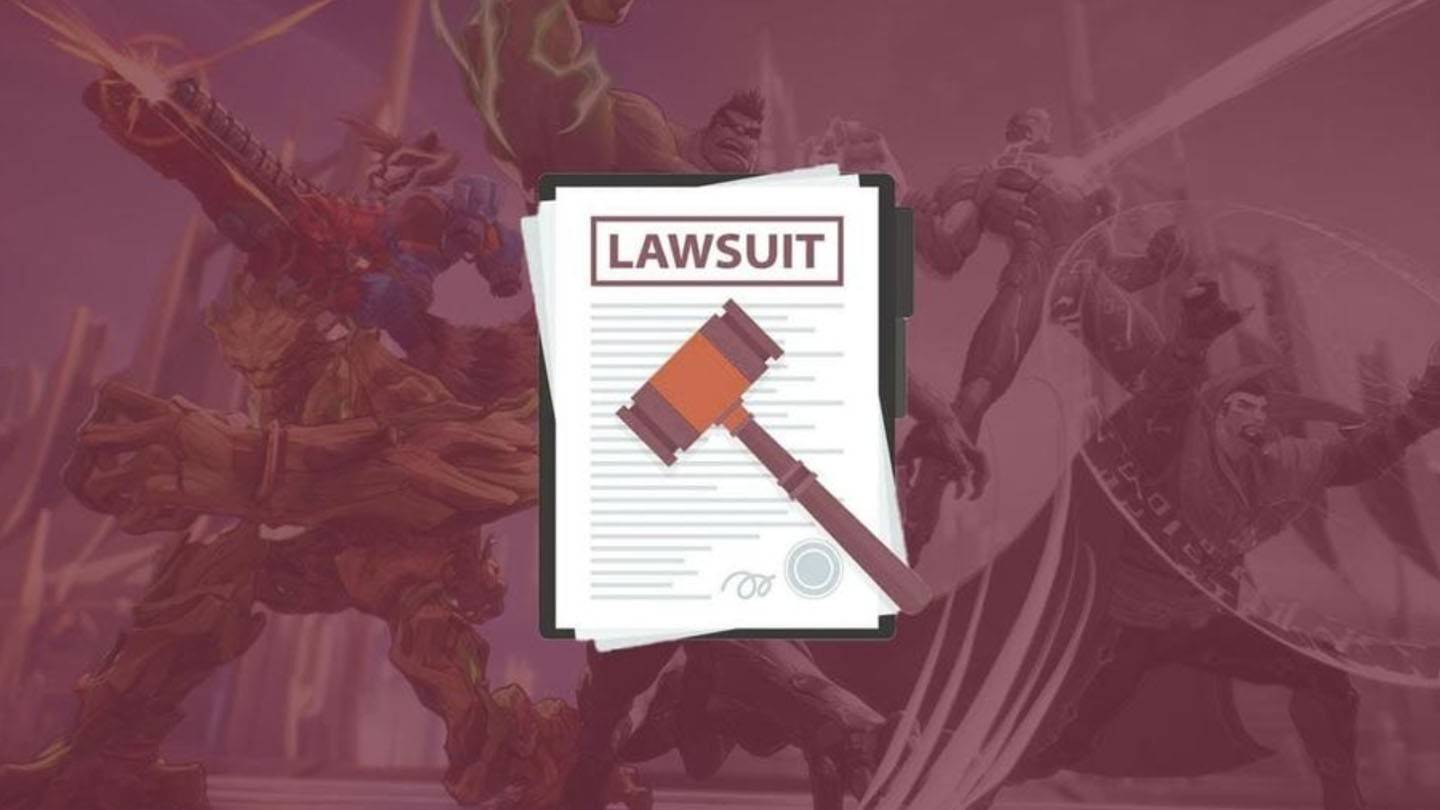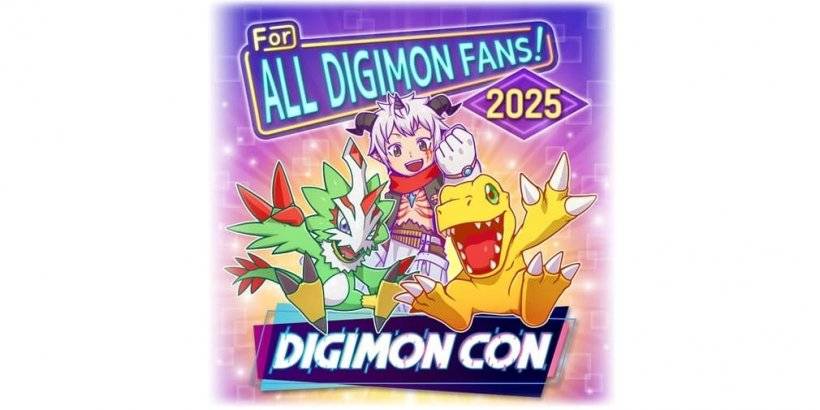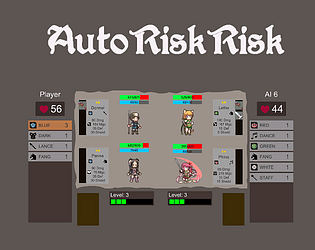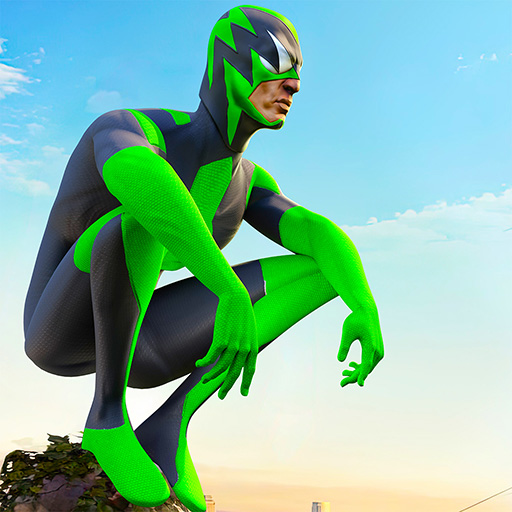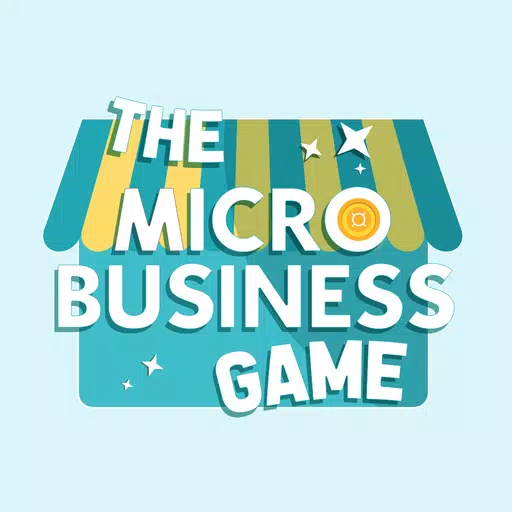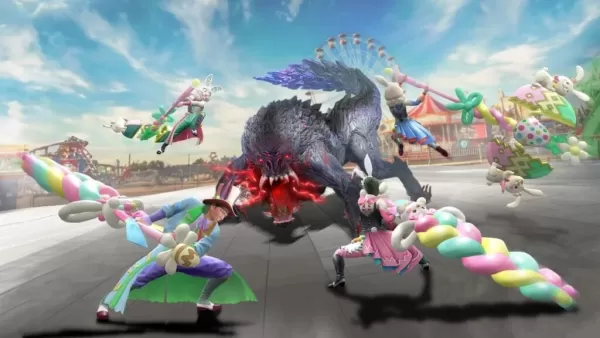Pokémon Go Dev Reassures Players Post $3.5B Sale to Monopoly Go! Company
Niantic Inc. has recently finalized a significant deal, selling its popular games including Pokémon Go, Pikmin Bloom, and Monster Hunter Now, along with their development teams, to Scopely, a company owned by the Saudi investment firm Savvy Games. The transaction is valued at $3.5 billion, with an additional $350 million in cash being distributed to Niantic equity holders, bringing the total value to approximately $3.85 billion.
In a press release, Scopely highlighted that Niantic's games boast over 30 million monthly active users (MAUs) and more than 20 million weekly active users, generating over $1 billion in revenue in 2024. Pokémon Go, in particular, stands out as a top performer, maintaining its position as a top 10 mobile game since its launch nearly a decade ago and attracting over 100 million unique players in 2024.
Niantic expressed optimism about the future, stating that the game teams have "exciting long-term roadmaps" and will continue to develop these games under Scopely's umbrella. They emphasized that this partnership will ensure the games receive the long-term support necessary to become "forever games" that will endure for future generations. Players can expect continued investment and development from the same teams that have been behind these experiences.
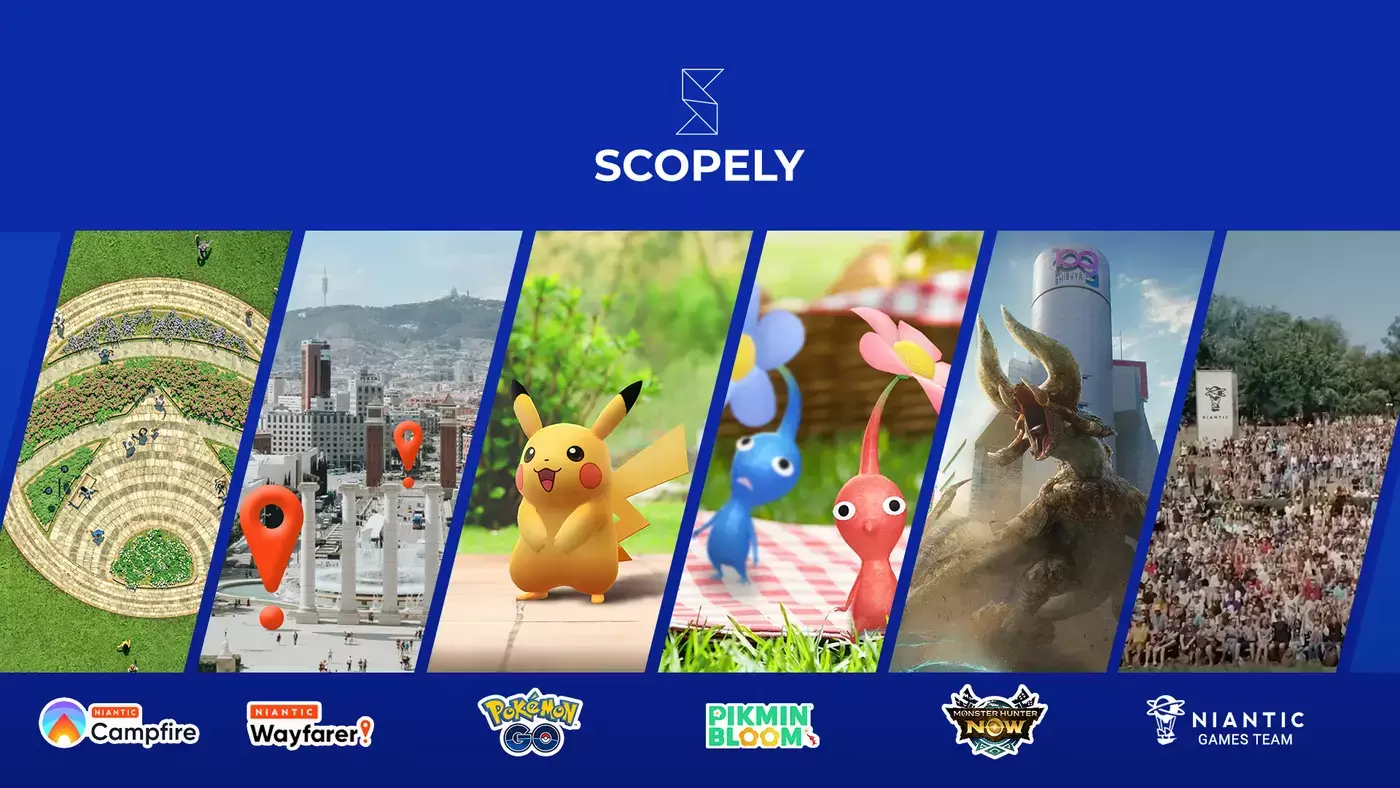
In a reassuring blog post, Ed Wu, the chief of Pokémon Go, addressed community concerns about the game's future post-sale. Wu, who was instrumental in the game's development since its inception in 2016, expressed confidence in the partnership with Scopely. He believes that Scopely's admiration for the community and the team will allow Pokémon Go to flourish well into its second decade and beyond, maintaining its mission of encouraging real-world exploration and Pokémon discovery.
Wu emphasized that the entire Pokémon Go team will remain intact, continuing to develop the game with the same passion and dedication. He highlighted ongoing features like Raid Battles, Go Battle League, Routes, and live events like Pokémon Go Fest, which will continue to evolve. Scopely's approach of empowering game teams to pursue their creative visions aligns well with Niantic's goals, giving Wu confidence in the game's future.
Joining a broader organization focused on gaming, Wu believes Pokémon Go can thrive with Scopely's long-term commitment. As a private company, Scopely can prioritize the game's long-term success over short-term gains, aligning with Niantic's vision. Wu also noted the continued partnership with The Pokémon Company, which has been crucial to the game's development and will continue to be so.
While acknowledging that Pokémon Go will continue to evolve, Wu assured players that the core approach to its development will remain unchanged, aiming to enhance the experience for all players. He expressed gratitude for serving the community over the past nine years and is optimistic about the game's future.
In other news, Niantic is spinning off its geospatial AI business into a new company, Niantic Spatial Inc., to accelerate its growth. Scopely is investing $50 million in this venture, with Niantic contributing an additional $200 million. Niantic Spatial will continue to operate other real-world AR games, such as Ingress Prime and Peridot.
-
The meteoric rise of Marvel Rivals, NetEase's multiplayer game, has been met with both praise and legal trouble. Although the game rapidly attracted millions of players, its success has been shadowed by serious legal issues for the developer.In JanuaAuthor : Violet Dec 22,2025
-
Digimon Con 2025 has teased a new TCG announcement for fans.Strong hints suggest a mobile-related project is in development.Could this be a potential competitor to Pokémon TCG Pocket?For fans of the long-running Digimon franchise, the upcoming DigimoAuthor : Alexis Dec 21,2025
- Spring Valley Farm Game: January 2025 Redeem Codes
- WWE Superstars Join Call of Duty Warzone: Mobile Roster
- Midnight Girl is a minimalist point-and-click adventure set in Paris in the 60s, now open for pre-orders on mobile
- Mobile Legends: Bang Bang – Best Lukas Build
- "Grand Outlaws Unleashes Chaos and Crime on Android Soft Launch"
- Video Game Song Surpasses 100 Million Streams on Spotify

